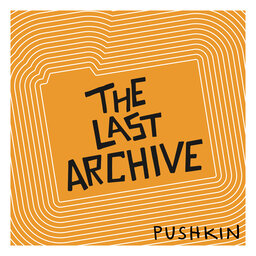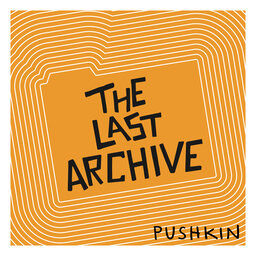The Last Archivist Introduces: Click Here
From Click Here, a podcast about the world of cyber and intelligence.
As Vladimir Putin attempts to redraw the Iron Curtain, we take a trip back to 1985 to tell the story of four American musicians who smuggled messages in and out of the former Soviet Union — with music.
https://podcasts.apple.com/us/podcast/click-here/id1225077306
 The Last Archive
The Last Archive


